CLTS Foundation Global had the honour of being invited to participate in the Anil Agarwal Dialogue 2019 – the annual media conclave hosted by Centre for Science and Environment (CSE), India at the Anil Agarwal Environment Training Institute (AAETI) in Nimli, Alwar, Rajasthan between 11th and 12th February 2019.
The event marked the release of CSE’s annual State of India’s Environment report by eminent jurist and former Supreme Court Justice Madan B Lokur and CSE Director General Sunita Narain. The conclave saw the participation of over 80 journalists from across India. The event saw numerous in-depth sessions on a wide range of topics ranging from climate change, agriculture, air pollution and mobility, sanitation and waste management, human-wildlife conflict and environmental governance. The sessions were chaired and conducted by eminent experts from the respective fields like K J Ramesh, Director General, Indian Meteorology Department, Ministry of Earth Sciences of the Government of India; Bhure Lal, Chairperson of the Chairperson, Environment Pollution (Prevention & Control) Authority (EPCA); Gufran Baig, Director of the Indian Institute of Tropical Meteorology in Pune; Ajay Deshpande, former expert member of the National Green Tribunal; Bharti Chaturvedi, Director, Chintan; and Yadavendra V Jhala, Head of Animal Ecology and Conservation Biology Department at the Wildlife Institute of India, Dehradun.
Megha Sen, Programme Officer represented the Foundation at the event on 12th February as a speaker on the session ‘Sanitation & Our Rivers: Tale of the Toilet-A Half Story’. The session brought together researchers who had examined the sanitation scenario of India very closely. India has inched very near to the coveted status of an ODF nation as thousands of toilets have been built and access to sanitation increased exponentially. The question still lies on whether we are seeing the complete picture and what does it mean to be truly ODF?
The session was anchored by Sudhir Mishra, Resident Editor, Nav Bharat Times, Lucknow & Raju Nayak, Editor, Lokmat, Goa. The speakers in the session were Suresh Rohilla, Senior Programme Director, Water and Wastewater Management, CSE; Sushmita Sengupta, Programme Manager, Rural Water and Sanitation Unit, CSE – Overview; Nazar Khalid, Research Fellow, Research Institute for Compassionate Economics (RICE), Gurugram; Avani Kapur, Director, Accountability Initiative, Centre for Policy Research (CPR), New Delhi and Megha Sen, Programme Officer, CLTS Foundation Global, Kolkata.
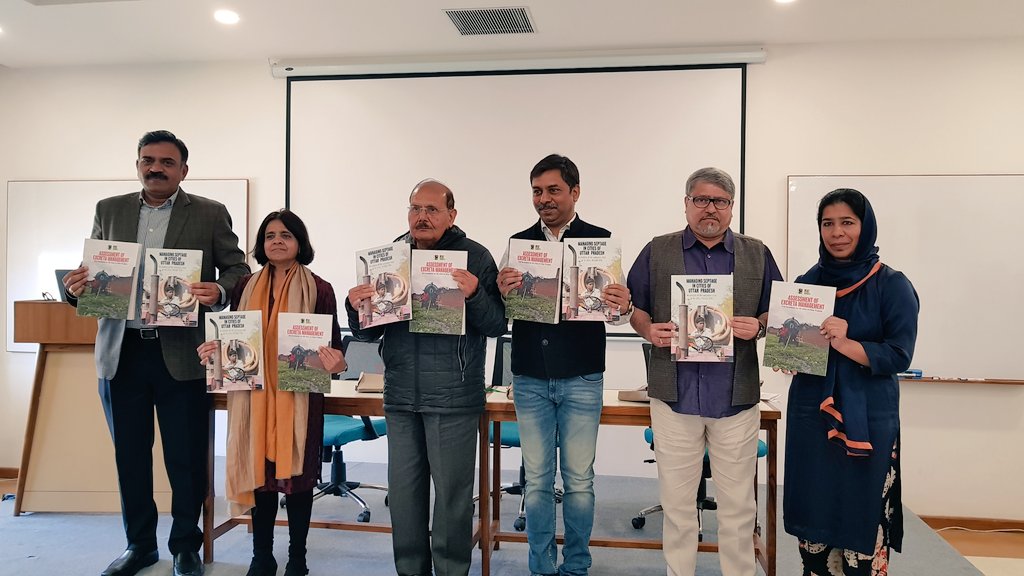
Release of the report ‘Managing Septage in Cities of Uttar Pradesh’ at the Anil Agarwal Dialogue, CSE 2019
Suresh Rohilla had a very interesting presentation on the analysis of the assessment report of the excreta management in 66 cities across Uttar Pradesh. Alarming statistics were revealed where across the state of Uttar Pradesh, 73% of the wastewater is untreated and 80% of the sewage connection is concentrated only in 7 cities of Uttar Pradesh. The on-site challenges of managing solid waste remain largely unaddressed at the policy level and these issues were brought out and discussed. The session also saw the release of the report named Managing Septage in the cities of Uttar Pradesh.

Sushmita Sengupta, Programme Manager, Rural Water and Sanitation Unit, CSE – Overview, presenting at the Anil Agarwal Dialogue, CSE 2019
Sushmita Sengupta, raised the question of the very real challenge of whether the toilets that are being built as per the statistical data are in fact viable for the purpose at all or not? Nazhar Khalid gave an in-depth analysis of the RICE research undertaken across 11 districts of 4 states of India on the factors of caste and religion playing a major role in shaping the sanitation scenario. Avani Kapur brought the session’s focus on the basics of why sanitation needs to be given the importance that it demands and its widespread linkages with other aspects of human development – health, livelihood, dignity, women empowerment and so on.
Megha Sen focussed on Behaviour Change and its effects on Swachh Bharat Mission: Stories from India. It highlighted the power of Community Led Total Sanitation (CLTS) to unleash the hidden potentials and capabilities of local communities to solve their own problems and take charge of their lives through collective behaviour change. It focussed on the achievements of CLTS as an approach in fast-tracking Haryana, Himachal Pradesh and Kalyani towards achieving the ODF status through anecdotes from the Foundation’s extensive involvement in these states.

Megha Sen, Programme Officer, CLTS Foundation Global presenting at the Anil Agarwal Dialogue, CSE 2019
Haryana and Himachal Pradesh are amongst the first five states to have achieved ODF status under Swachh Bharat Mission. Kalyani, a census town in West Bengal, is the first ODF town through Urban CLTS approach. The major drivers of a successful CLTS implementation in these areas were political and bureaucratic commitment and their belief in the power of communities to achieve collective behaviour change. It brought to light such stories from the field and emphasises the need of the hour for a radical change in top-down development strategies. The presentation was concluded with the expectation that the Swachh Bharat Mission would now focus on addressing the issue of sustained behaviour change for long-term health outcomes and promote the communities to move along the sanitation ladder.
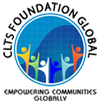
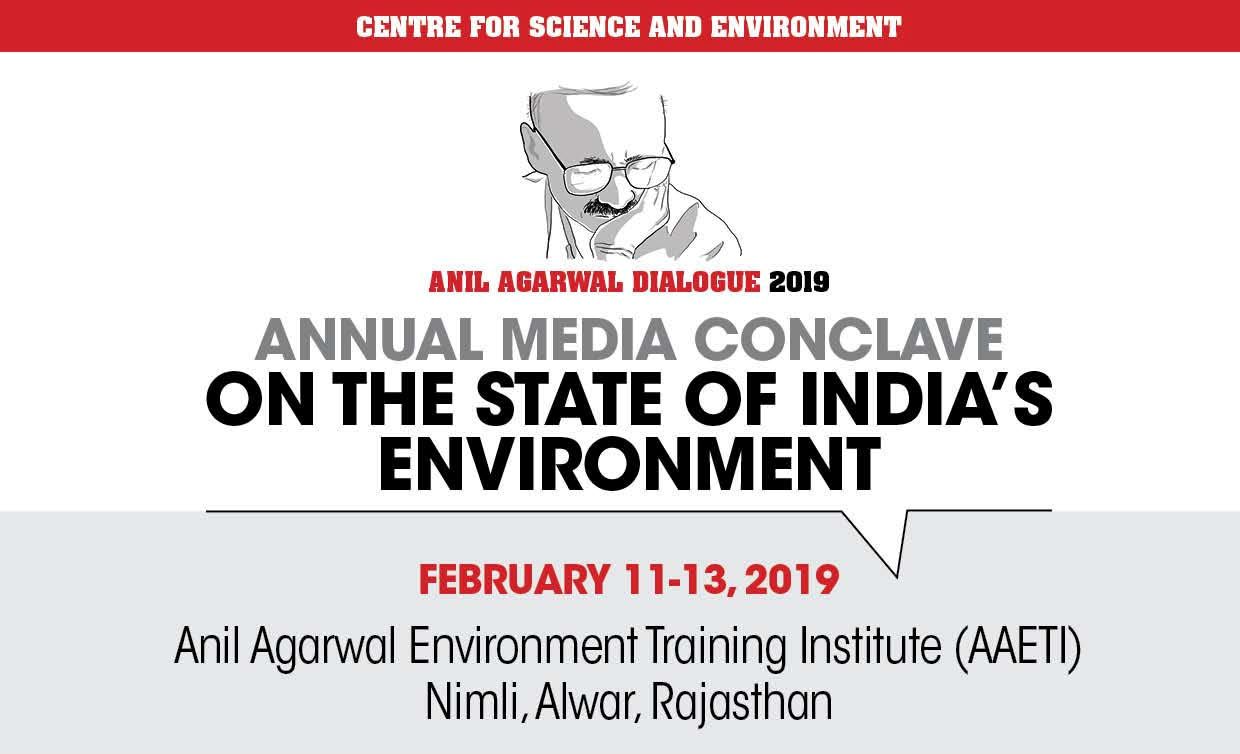
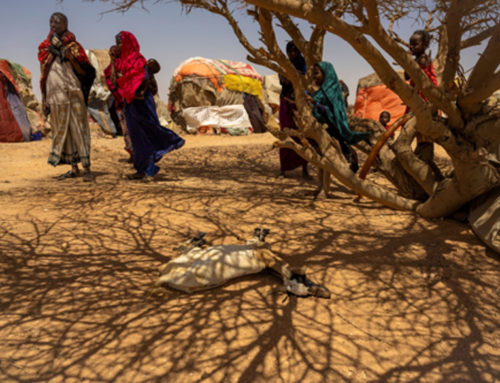
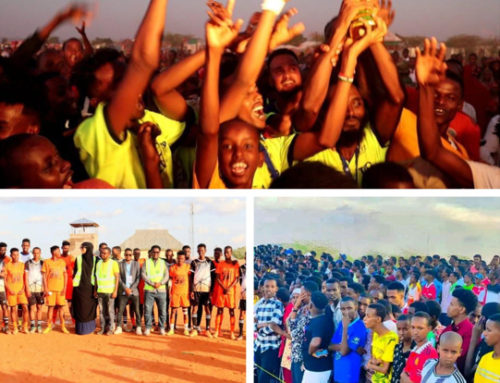
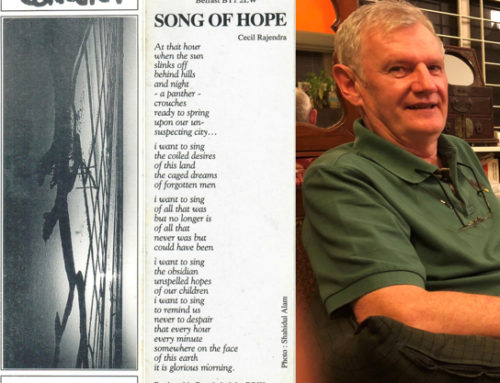
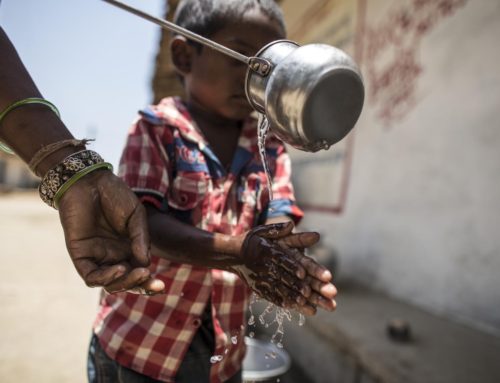
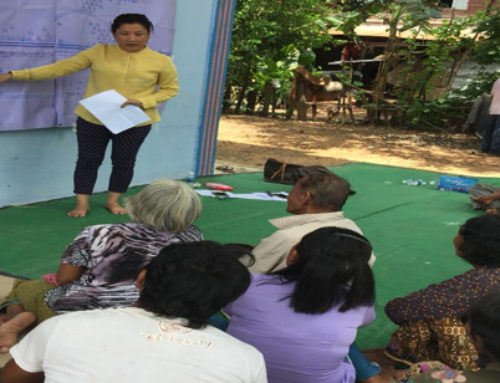
Leave A Comment